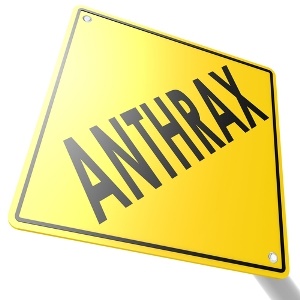
The World Health Organisation, animal health and national defence officers recently called for wider international cooperation to avoid the spread of animal diseases that could be used as biological weapons.
Animal diseases used as weapons
Sixty percent of human diseases come from animal agents and 80 percent of the agents that could be used for bio terrorism are of animal origin, said Bernard Vallat, director general of the World Organisation for Animal Health (OIE).
"History has shown that animal diseases have often been used as weapons before. Advances in genetics can now make them even more harmful. So we are calling for further investment to be made at national level on bio security," Vallat told reporters at a conference on biological threat reduction.
Diseases have spread from animals to humans for millennia, with latest examples including the bird flu virus that has killed hundreds of people around the globe.
Read: Bird flu outbreaks hit 35 countries since early 2014
The OIE and the WHO warned that animal disease agents could escape naturally, accidentally but also intentionally from laboratories, to be used as bio weapons.
Earlier during the conference Kenneth Myers, Director of the U.S. Defence Threat Reduction Agency (DTRA), part of the Department of Defence, stressed the need for international collaboration to avoid the loss of biological material.
Live samples of anthrax
"Terrorists have clearly shown they will use any weapons at their disposal," Myers said, noting that disease agents are easy to transport and difficult to detect.
Security breaches involving animal diseases are not rare.
The Pentagon said in May and earlier this month the U.S. military had sent live samples of anthrax, which can be used as biological weapon, to five countries and to dozens of U.S. labs.
Read: Anthrax
The conference on biothreat reduction in Paris is the first to gather experts from the OIE, WHO, international police agency Interpol, the United Nations' Food and Agriculture Organization FAO and representatives from the health, security or defence sectors from over 120 countries.
"The aim is to have the same voice on this subject," Vallat said. "International solidarity is key because any country that does not implement standards can be a threat to the entire planet."
Read more:
7 diseases humans get from animals
Farm animals spawn new infectious diseases
Extinctions threaten human health
Image: Anthrax from Shutterstock




 Publications
Publications
 Partners
Partners














